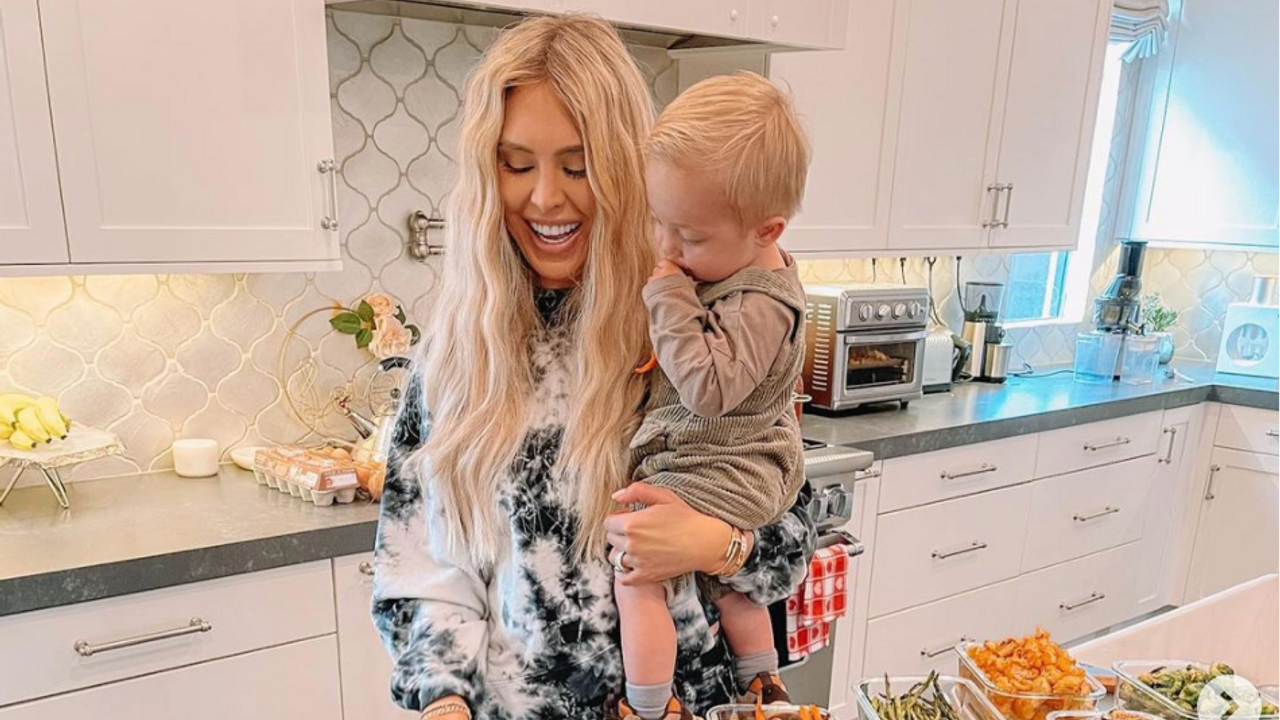You don’t have to give up your health to eat intuitively
Aug 25, 2021
There’s this common misconception that intuitive eating is anti-nutrition. That’s just not the case. I have clients who come to me all the time who are ready to heal their relationship with food and have heard about intuitive eating but think that that means they’re going to be eating cupcakes and chicken fingers all day.
If you read the book intuitive eating, the 10 principles are:
Reject the diet mentality
Honor your hunger
Make peace with food
Challenge the food police
Respect your fullness
Discover the satisfaction factor
Honor your feelings without using food
Respect your body
Exercise – feel the difference
Honor your health with gentle nutrition
There’s a good reason gentle nutrition is the last principle of intuitive eating. Without doing some work to heal your relationship with food first, gentle nutrition can easily become a diet. That’s why it’s important before getting to this step to ask yourself.
DO YOU STILL FEEL ANY RIGIDITY AROUND FOOD?
ARE THERE ANY LINGERING RULES YOU NEED TO WORK ON BEFORE MOVING INTO THIS STEP?
If so, and you find that carbs are still off-limits or you aren’t allowing yourself to have that pastry you’ve been wanting, there should be no shame there. Continue to work on allowing and honoring your body before moving on to this piece.
Here are some tips for incorporating gentle nutrition into your intuitive eating:
ZOOM OUT
- Focus on the big picture instead of individual food choices. Individual food choices make very little difference when it comes to health. I don’t think you can look back to that fast food bacon cheeseburger and fries you had in 2005 and say THAT was the meal that ruined it all! So I don’t think that meal or snack you’re stressing about right now is going to make a big difference in the context of your life. If you're thinking about ways to improve the quality of your diet, it's worth thinking about big picture patterns, not obsessing over single meals or social eating situations. So, for example, if you go out to dinner most nights, is there a way you could start cooking at home one or two nights/week to incorporate more fresh produce? If you drink a lot of soda, is there a way you could sway flavored water instead?
FOCUS ON ADDING
- Most diet advice centers on restriction - ways to eat less, not eat/limit certain foods, "healthy" food swaps. With intuitive eating, all foods fit, and all foods are morally equivalent, but of course, some foods are more nutrient-dense than others. For example, kale is more nutritious than candy. It just is. Now, that doesn't mean that just because kale is more nutritious, that it's always the right choice. Sometimes for your emotional well-being, creating joy and memories, candy may be the choice. Kale might be packed with nutrients, but you can’t live on a diet of only kale. Keep in mind that health and nutrition are not the same. So ask yourself: how can I add in more leafy greens? More whole grains?
NOTICE WHAT FOODS FEEL GOOD
- Notice how you feel when you eat more nutritious foods. I know for me, I feel more energized and less bloated. That doesn't mean you always have to choose the food that makes you feel good. When you notice your digestion, clarity, and energy levels, you’ll be more motivated to eat nutritiously. For example, I know eating a muffin or cereal in the morning almost always makes me feel low energy and sometimes makes me feel bloated. Sometimes a muffin or donuts or something will sound good, but if I don't want to feel like crap, I pass. Other days, it might look delicious enough to deal with feeling a bit ick - I mean, no one ever died from being mildly bloated or low energy. It’s also important to remember; different people may benefit from different patterns of eating that feel good for them. Paying attention to how food makes YOU feel can help you figure that out.
TUNE INTO HUNGER AND FULLNESS
- If you’ve dieted in the past, you’re probably used to counting calories, points, macros, or portion sizes as a way to practice portion control. But the fact of the matter is our energy needs, and nutritional needs change from day to day, and trying to control your body with a number just isn’t rational. The best way to ensure you're getting the right amount of food for you is to tune in to hunger and fullness cues. On days your body requires more energy, your body will tell you, and on days your body requires less energy, you'll notice that too.
COOK AT HOME MORE OFTEN
- When it comes to eating at home, it’s really beneficial because you’re eating less processed and more whole foods that you’re cooking on your own. And let’s face it, less processed is just better for you. Cooking at home is one way to incorporate more fresh foods. Of course, it's not reasonable to expect to cook at home for every meal, but you can strive to do it a few times per week. It will look different for everyone. Maybe you meal prep some veggies and rice on the weekends, maybe you have a week's worth of menus planned, or maybe you get a new cookbook with recipes that you want to try!
Remember, though, all of this to make food choices that honor your health and taste buds while making you feel well. Remember that you do not have to eat perfectly to be healthy. You will not suddenly get a nutrient deficiency or gain weight from one snack, one meal, or one day of eating. It's what you eat consistently over time that matters - progress, not perfection, is what counts.
X,
K

